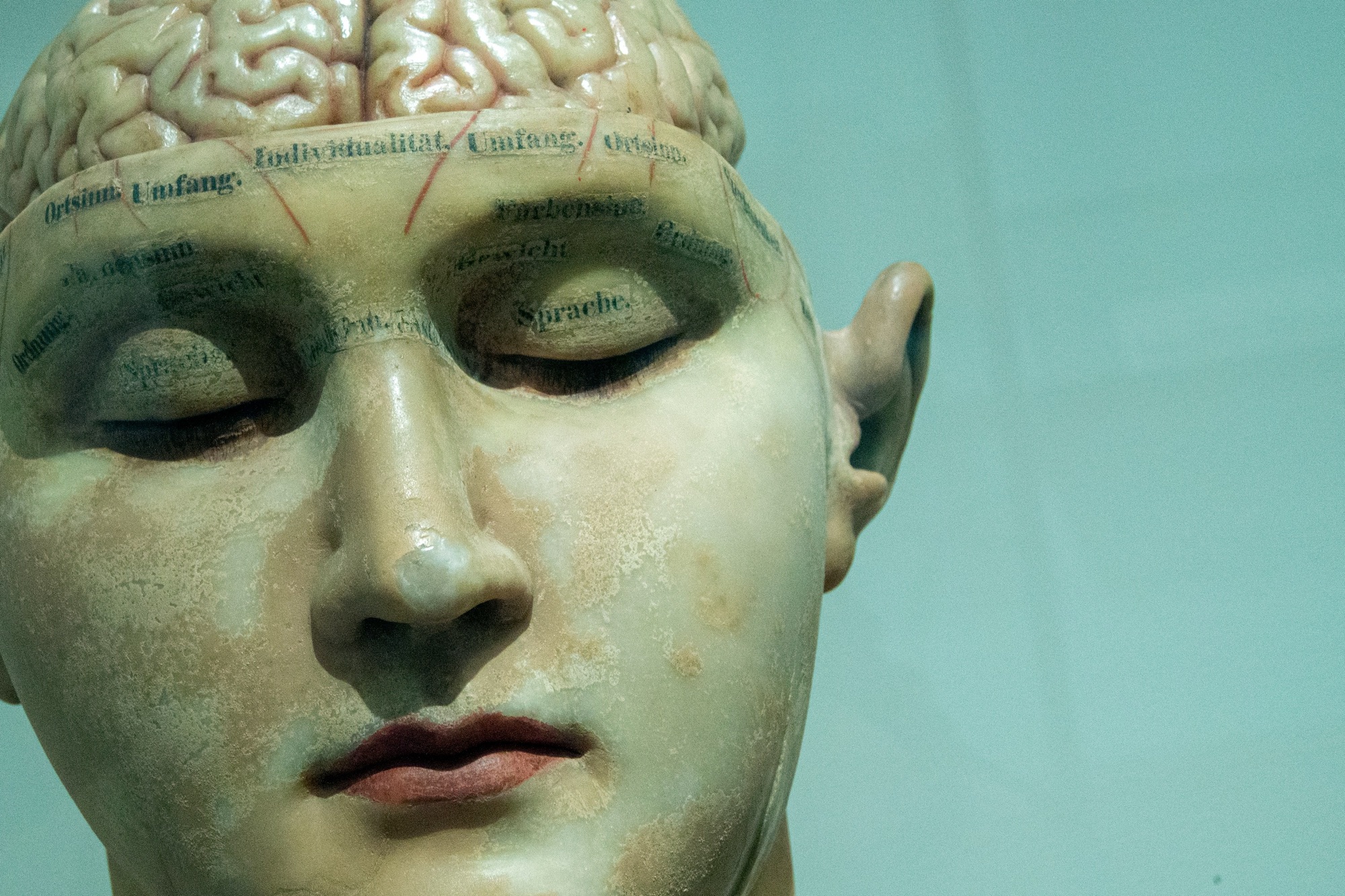The idea of learning while we sleep has fascinated scientists, educators, and dreamers alike for decades. From depictions in science fiction to the promise of subliminal learning tapes, the prospect of absorbing knowledge effortlessly while unconscious is undeniably alluring. But how much truth is there to the notion that our sleeping brains can acquire new skills, knowledge, or even languages?
Modern neuroscience has begun to unravel the mysteries of sleep, revealing it as a dynamic period when the brain is far from idle. While deep sleep facilitates memory consolidation—strengthening and organizing information learned while awake—there is growing interest in whether the brain can absorb completely new information during sleep. Some recent research suggests that under specific conditions, our brains might process and encode certain types of information, challenging previous assumptions about the limitations of the sleeping mind.
This article explores the science behind sleep and learning, delving into the mechanisms of memory, the possibilities of sleep-based learning, and the limitations of acquiring knowledge while unconscious. By examining current research and theoretical frameworks, we aim to answer the question: Can we truly learn while we sleep?
The Role of Sleep in Memory and Learning
Memory Consolidation During Sleep
Sleep is essential for memory and learning, serving as a critical time for consolidating and organizing information acquired during wakefulness. This process ensures that important memories are strengthened while irrelevant or redundant details are pruned away. Sleep researchers have identified several stages of sleep, each playing a unique role in memory consolidation:
- Slow-Wave Sleep (SWS): Also known as deep sleep, SWS is characterized by slow, synchronized brain waves. During this stage, the hippocampus—a structure critical for memory—communicates with the neocortex, transferring and integrating information. This process helps stabilize declarative memories, such as facts, events, and knowledge.
- Rapid Eye Movement (REM) Sleep: REM sleep is associated with vivid dreaming and heightened brain activity. It plays a key role in emotional memory processing and creativity. Researchers believe that REM sleep helps strengthen procedural memories, such as motor skills and habits.
Sleep allows the brain to replay and reorganize information, facilitating better recall and problem-solving abilities upon waking. However, this process primarily involves memories already acquired during wakefulness rather than the absorption of entirely new information.
Theoretical Limits of Sleep Learning
Traditional theories have long suggested that learning new information during sleep is nearly impossible. When we sleep, sensory input is significantly reduced, and the brain prioritizes internal processes like memory consolidation and cellular repair. These conditions seem incompatible with the intense cognitive effort required to process and encode new information.
However, not all types of learning require active attention or conscious engagement. Certain forms of learning, such as implicit or associative learning, occur without deliberate effort and may be more accessible to the sleeping brain. This raises intriguing possibilities about what kinds of information we might absorb during sleep.
Evidence Supporting Sleep-Based Learning
Recent research has begun to challenge the notion that sleep is a cognitive “blackout” period, suggesting that the sleeping brain may process and encode some types of information under specific conditions.
Auditory Learning Experiments
One of the most compelling lines of evidence for sleep learning comes from studies involving auditory stimuli. Researchers have found that the brain remains responsive to sound during certain stages of sleep, particularly light non-REM sleep. In these studies, participants are exposed to specific sounds or verbal cues while asleep, and their ability to recall or react to this information is tested after waking.
For example, a 2012 study published in Nature Neuroscience demonstrated that participants exposed to paired sounds and smells during sleep were more likely to associate those sounds with the corresponding smells after waking. The results suggested that the brain can form simple associations during sleep, laying the groundwork for potential learning.
Another study conducted in 2014 revealed that participants who heard foreign vocabulary words paired with their translations during sleep were better able to recall the words upon waking. While the learning was limited and far from comprehensive, the findings indicated that the sleeping brain might encode certain auditory information.
Neural Reactivation During Sleep
A process known as “neural reactivation” further supports the idea that sleep facilitates learning. During neural reactivation, the brain spontaneously replays patterns of activity associated with prior learning experiences. This replay strengthens neural connections, helping to solidify memories.
In experiments involving motor tasks or spatial navigation, researchers have observed that when participants’ brains replay specific patterns during sleep, their performance on related tasks improves upon waking. While these studies primarily involve pre-learned material, they suggest that sleep is an active time for processing information.
Associative Learning in Sleep
Associative learning—forming links between stimuli—appears to be particularly accessible during sleep. In one notable study, researchers played specific sounds to sleeping participants and paired these sounds with either pleasant or unpleasant odors. After waking, participants reacted more positively or negatively to the sounds based on their odor associations, even though they were unaware of the conditioning process. This finding indicates that the brain can form new associations during sleep, although the complexity of what can be learned remains limited.
Challenges and Limitations of Sleep Learning
Despite these promising findings, there are significant challenges and limitations to learning while asleep. The brain’s primary focus during sleep is memory consolidation and physiological restoration, leaving limited capacity for absorbing new information.
Reduced Sensory Input
When we sleep, the brain’s sensitivity to external stimuli decreases dramatically, a phenomenon known as “sensory gating.” This mechanism helps protect sleep from disturbances, ensuring that the brain can carry out essential restorative functions. While certain sounds may penetrate this sensory filter, most stimuli are ignored, making it difficult to deliver complex or sustained information to the sleeping brain.
Encoding Complexity
Learning new material requires encoding, the process by which sensory information is transformed into a durable memory trace. Encoding involves attention, comprehension, and integration with existing knowledge—all processes that are significantly diminished during sleep. While the brain can form simple associations, acquiring complex knowledge or skills, such as mastering a new language or solving math problems, remains beyond the current scope of sleep learning.
Stage-Specific Constraints
The ability to process information during sleep varies across sleep stages. Light non-REM sleep appears to be the most receptive to external stimuli, but deep sleep and REM sleep are less accessible. Since these stages cycle throughout the night, the window for effective sleep learning is limited. Moreover, attempts to introduce information during deeper sleep stages may disrupt the natural sleep cycle, undermining the restorative benefits of sleep.
The Role of Technology in Sleep Learning
Advances in neuroscience and technology have sparked renewed interest in sleep learning, particularly through the use of targeted auditory stimulation. Devices and applications designed to deliver carefully timed auditory cues during sleep are being explored as tools for enhancing memory, language acquisition, and even behavioral changes.
One promising area is “targeted memory reactivation” (TMR), which involves playing specific sounds or cues associated with prior learning to strengthen memories during sleep. For example, participants who learned a motor sequence while awake performed better after sleep when auditory cues linked to the task were replayed during sleep. While TMR does not teach entirely new information, it holds potential for optimizing learning and retention.
Another avenue involves wearable devices that monitor sleep stages and deliver stimuli at optimal times. These technologies aim to capitalize on the brain’s natural receptivity during specific sleep phases, potentially enhancing both sleep quality and cognitive performance.
Practical Implications and Ethical Considerations
While sleep learning remains an emerging field, its potential implications are vast. If researchers can harness the brain’s capacity for processing information during sleep, it could revolutionize education, skill acquisition, and even therapy. For example, sleep-based interventions might help individuals overcome phobias, reinforce healthy habits, or accelerate language learning.
However, ethical concerns must also be addressed. The idea of using sleep for learning or behavior modification raises questions about consent, privacy, and the potential for misuse. Ensuring that sleep remains a restorative and natural process must remain a priority.
Conclusion: The Potential and Limits of Sleep Learning
The notion of learning while we sleep is no longer confined to the realm of science fiction. Research demonstrates that the brain is not only active during sleep but also capable of processing certain types of information, particularly through auditory cues and associative learning. However, the scope of what can be learned during sleep remains limited to simple tasks and associations. Complex learning, requiring attention and deep comprehension, still relies on wakeful states.
The primary role of sleep is memory consolidation and physiological restoration, processes essential for cognitive and physical health. While the idea of sleep learning is enticing, its practical applications are currently supplementary rather than transformative. Continued research and technological innovation will likely expand our understanding of the sleeping brain, offering new possibilities for enhancing memory, learning, and overall well-being.
For now, the best approach to leveraging sleep for learning is to focus on optimizing its quality. A good night’s sleep remains one of the most powerful tools for improving memory, creativity, and cognitive function—whether awake or dreaming.




